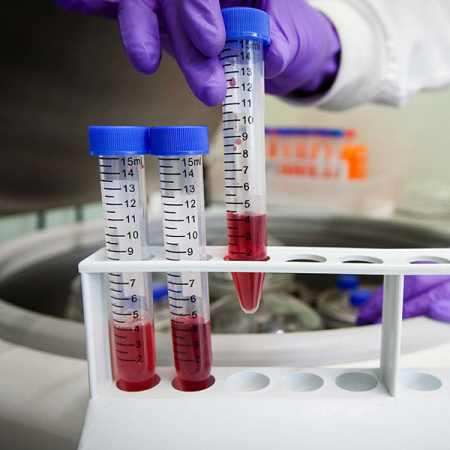Description
During this course, you will explore the molecular mechanisms that underlie cancer development, growth and metastasis, the differences between various cancers, as well as the different molecular and cellular actions of anti-cancer treatments. You will discover the genomic factors affecting response and resistance to treatment and the research approaches to anti-cancer drug design and development. And you will discuss the factors that lead to a person and/or their family having a higher risk of developing cancer, how this genomic information can be integrated into cancer screening programmes and the impact this may have.
This module will also help you to interrogate the cancer data sets from the 100,000 Genomes Project if relevant to the research project you need to complete as part of the Master’s programme.
Learn from leading experts in genomics about:
- Cellular properties of tumours: growth, division, invasion, aberrant hormone or toxin production, immunogenicity including T cell and B cell repertoire profiling.
- Tumour classification systems and factors in tumour formation.
- Diagnosis, molecular sub-classification and characterisation of metastases.
- Breakthrough tumour /metastases and molecular mechanisms.
- Genomic testing of solid tumours and haematological cancers.
- Analytical and interpretation challenges in genomics as applied to cancer.
- Genomic and cellular markers and optimal treatment regimes in haematological cancer and solid tumours.
- Monitoring disease following treatment.
- Molecular basis of germline mutations for cancer predisposition.
- Approaches in identifying new genes.
- Situations that create a high cancer risk for a person or members of a person’s family.
- Role of genomics in drug development and the role of clinical trials in treatment options.
Learning outcomes
By the end of this module you will be able to:
- Analyse the molecular and cellular processes leading to cancer development and emerging changes in tumour classification.
- Appraise the genomic basis of cancer predisposition and understand how this is used to identify people and families at higher risk of cancer.
- Critically evaluate how genomic information is applied in the diagnosis, classification, prognosis, treatment selection, and monitoring of cancer.
- Analyse how genome analysis of neoplastic cells and RNA sequencing data can be used to investigate the molecular and cellular processes leading to cancer development and inform strategies for drug development.















